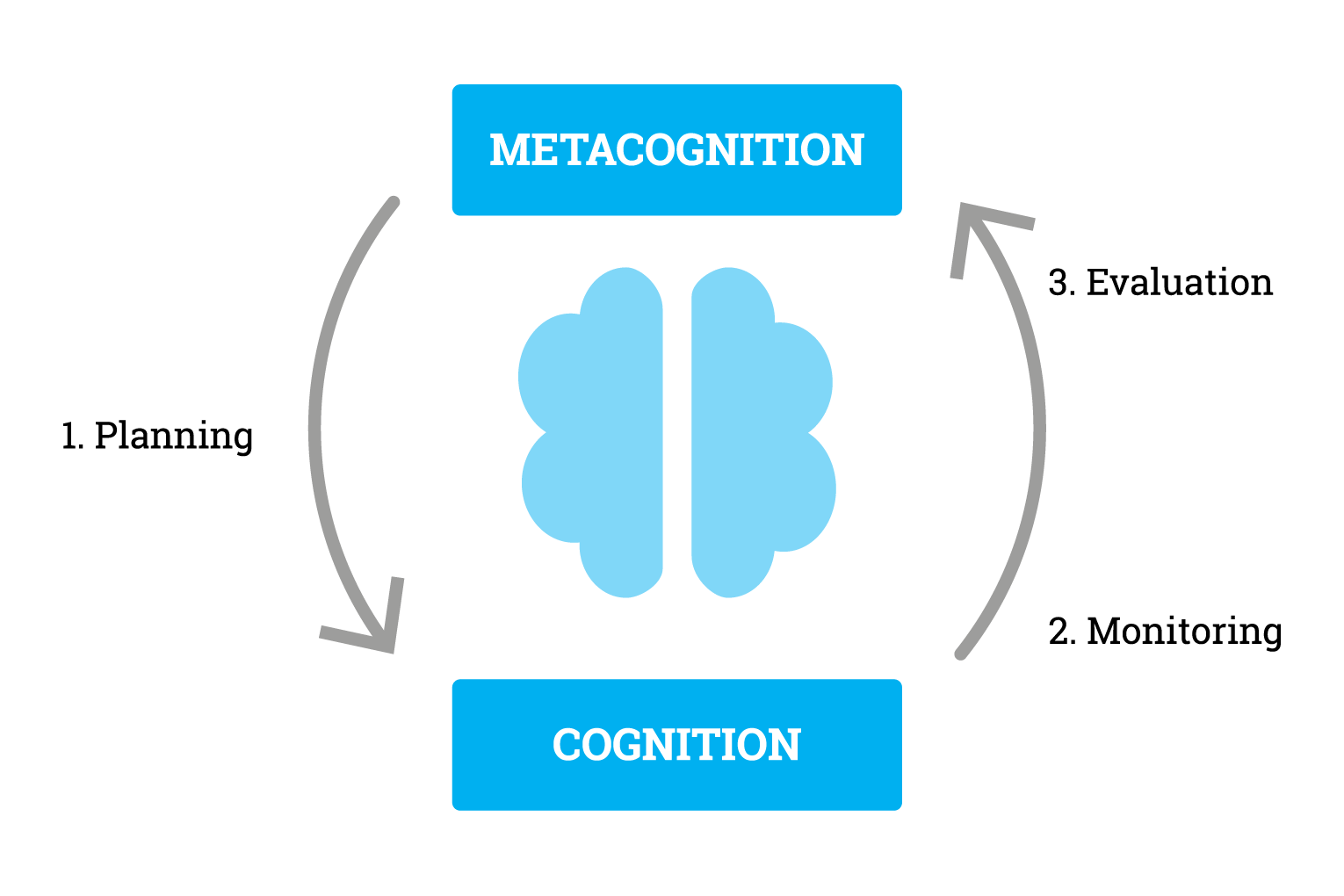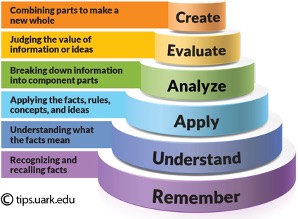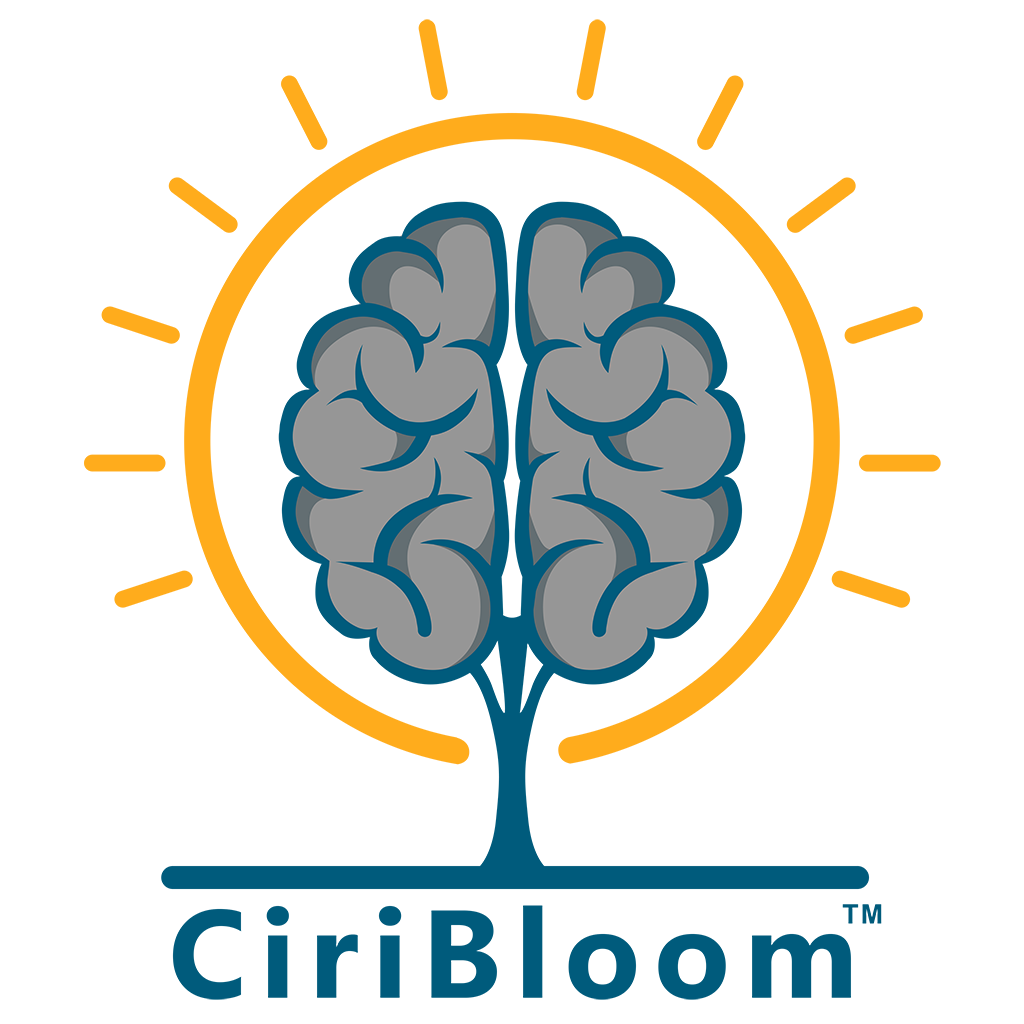About Metacognition
An Introduction
What is Metacognition?
Metacognition is the process of thinking about learning and thinking processes. There are three main aspects to metacognition:
- The first involves an understanding by the learner of themselves as learners and the skills they can bring to bear on any learning challenge.
- The second involves understanding the nature of the learning task and its demands.
- The third involves the selection and deployment of learning methods which are likely to be effective.
There are three key stages in the process of metacognition:
- getting ready,
- monitoring learning as it happens, and
- reflecting on learning/evaluating how it might be improved next time.
A conscious effort to implement techniques to develop and nurture metacognitive skills is absent in most school teaching. The focus of teaching is more on delivering information as examination results are based mostly on remembering and reproducing the subject matter during the time-bound examination.
How Metacognition awareness can help?
Usage of metacognition as an idea dates to the work of John Flavell. In nearly five decades since then we have begun to understand
(a) that when students develop their metacognitive skills they achieve better results
(b) how certain higher order metacognitive skills better prepare students for the complexities of the real world and their future employability
(c) that students who develop metacognitive skills are likely to develop more agency, and
(d) that it is important for teachers explicitly to teach pupils metacognitive strategies, including how to plan, monitor, and evaluate their learning.
It is now recognised that there are a range of teaching strategies which are likely to cultivate students’ metacognitive skills and that these are best learned in specific context rather than generic skills.
All around benefits for Students
Metacognition skills enable a student to progress from the bottom of Blooms Taxonomy chart and our course is an insight into the WHAT and HOW of each of these verbs by creating a process from understanding the 10 metacognitive skills, developing the 6 habits of mind by applying 5 pedagogies, along with metacognitive inventory and measures to monitor the impact of metacognitive learning.
Acquiring metacognitive skills at school will enable students to thrive in challenging times as well as improve their performance in tests as part of their formal education. The capacity to create, evaluate, analyse, apply, understand and remember will be some of the key life skills of the future and through participation in this programme teachers will be able to provide just such a foundation for their students.


